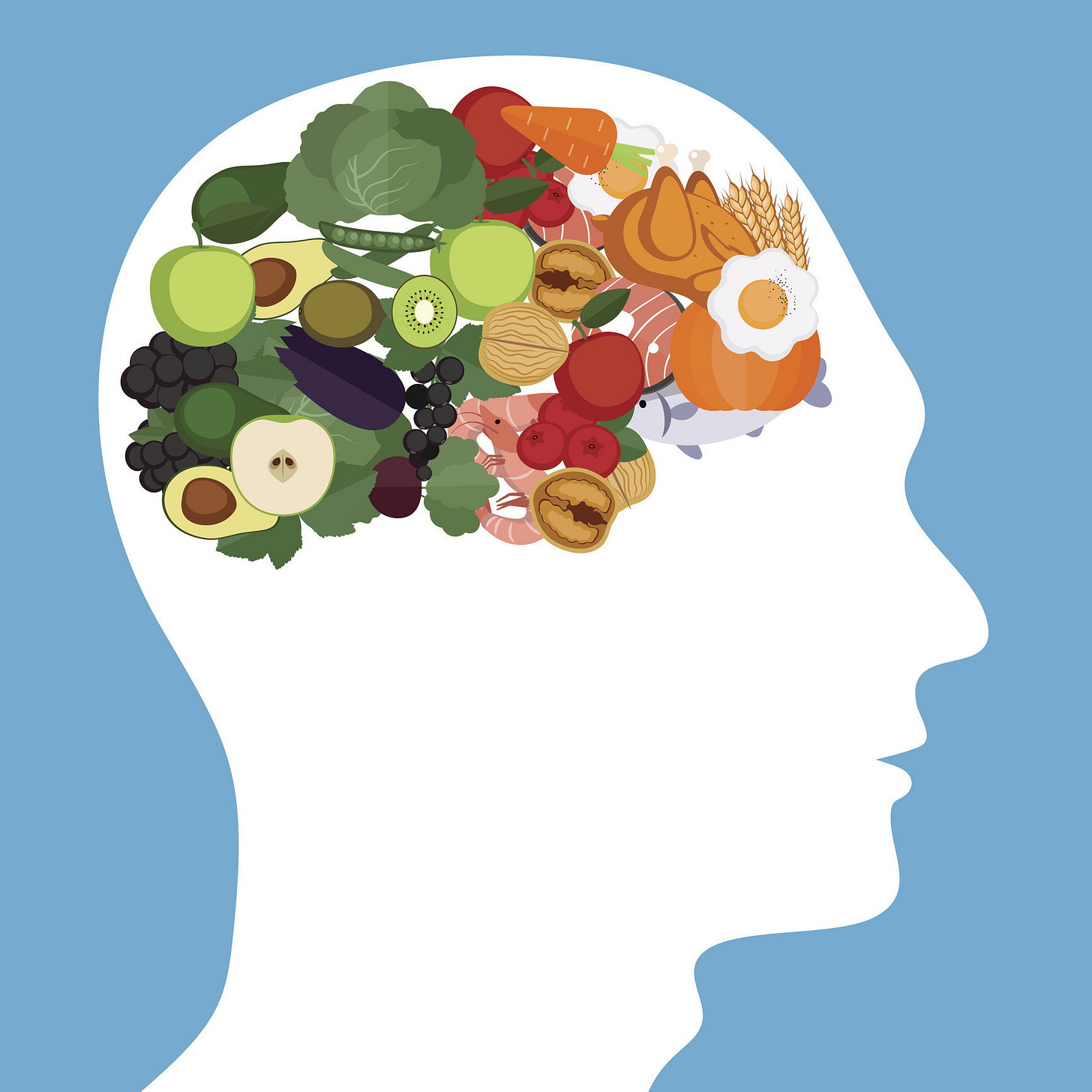The Microbiome: How Gut Bacteria Influence Your Mood
Written by Azzy Xiang
Did you know that tiny bacteria living in your intestines can change how you feel and the state of your mental health? This crazy connection between the gut and the brain is known as the “gut-brain” axis and is one of the most interesting fields of research in modern science. Why? Our gut microbiome, which contains trillions of bacteria, viruses, fungi, and other organisms that not only aid in digestion and cause no harm, but can also influence whether we decide to go on that date or not.
Studies have shown the composition of gut bacteria can regulate mood disorders like anxiety and depression. One of the key mechanisms behind this is the production of neurotransmitters. For example, gut bacteria are known to produce serotonin, a neurotransmitter that affects mood, sleep, and even pain perception. Approximately 95% of the body's serotonin is found in the gut! The balance of bacteria can impact how much serotonin is produced.
Plus, gut bacteria communicate with the brain via the vagus nerve, a major nerve that runs from the gut to the brain, of course. This bi-directional communication allows signals to flow between these two parts of your body, which can also alter mood and stress levels. A healthy microbiome can promote better emotional regulation, while an imbalanced microbiome might increase susceptibility to mood disorders.
Including probiotics, prebiotics, and a diet rich in fiber can help foster a balanced microbiome, ultimately benefiting both digestive health and mental well-being. So, the next time you're feeling off, maybe have some probiotic chocolate mousse—it might just hold the key to your wellbeing.
Written by Azzy Xiang from MEDILOQUY


